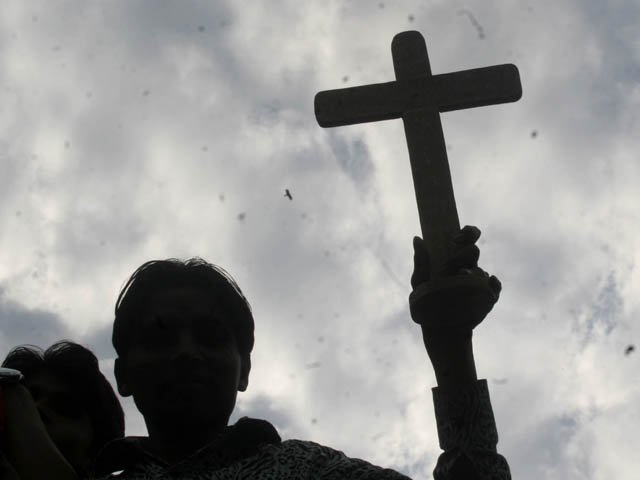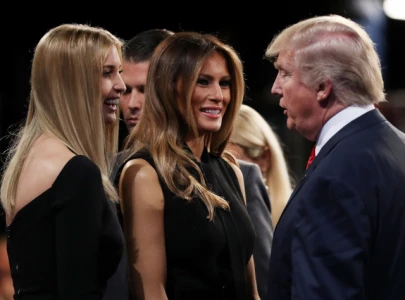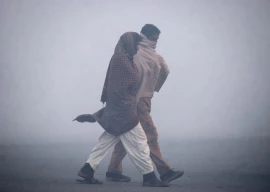
Certainly, religious scholars have a role to play. They can provide the intellectual cover and credibility for this necessary task. But even that will do little good so long as the political class cowers at the thought of even addressing the issue. Any attempts to reform the laws have been instantly killed in parliament and the hope of it ever being taken up again seems remote. Even in obvious cases of injustice, there is always the fear that speaking out publicly will lead to being targeted by extremists.

We also have to acknowledge that the reason politicians remain so reluctant to even bring up the blasphemy laws is that there is widespread support for these laws. Anyone accused of blasphemy has more reason to be scared of the mob than the law. So far, no one has ever been executed by the state for blasphemy but many have been killed by murderous mobs. Until this mindset is changed, there is little hope for reform. Politicians and clerics should get out in front of the issue and try to change minds but we should understand that this, too, will take decades since the state has been exploiting religious sentiments against minorities for too long for change to occur overnight. This is a generational struggle but we should at least begin the fight immediately and not shirk our duty.
Published in The Express Tribune, February 25th, 2013.
COMMENTS (3)
Comments are moderated and generally will be posted if they are on-topic and not abusive.
For more information, please see our Comments FAQ

1726117332-0/Megan-Thee-Stallion-(1)1726117332-0-165x106.webp)
















'Protecting' minorities? Really? What it needs is a change in 'system'.
We in india are currently debating 'protecting' women. The only way we can do that is if we can change the patriarchal system that treats women as second class citizens, without equal rights, without certain privileges (like walking alone at night) etc. Changing such a system needs change in law, strict enforcement - so that the mindsets change over a period of time.
If Pakistan truly wanted its minorities to be 'protected', then the right way is to provide them equal rights, enact laws that provide stringent punishment to crimes against minorities/discrimination (like India/US have), repeal religious laws.
Any other type of 'protection' is a mirage and is only a patronizing talk.
"Until this mindset is changed, there is little hope for reform. Politicians and clerics should get out in front of the issue and try to change minds but we should understand that this, too, will take decades since the state has been exploiting religious sentiments against minorities for too long for change to occur overnight. This is a generational struggle but we should at least begin the fight immediately and not shirk our duty." Editorial pointed out two segments and rightly said moving these two segments might take decades to achieve the desired result. In current scenario electronic media is considered to be the most effective tool. Why not to utilise it with the support of politicians and clerics. Desired change can be accomplished with short span of time. But who will bell the cat?
The once called minority affairs ministry was christened as ministry for harmony and a minority member was made as a minister entrusted with a task of promoting harmony, as if the problem of disharmony was due to the minorities. This shows the convoluted thinking of PAK governance.
Who should be taught a lesson in interfaith harmony and who is persecuting whom? How the minority member is going to promote harmony -by teaching the majority in PAK that they belong to dar e Islam and have equal rights?